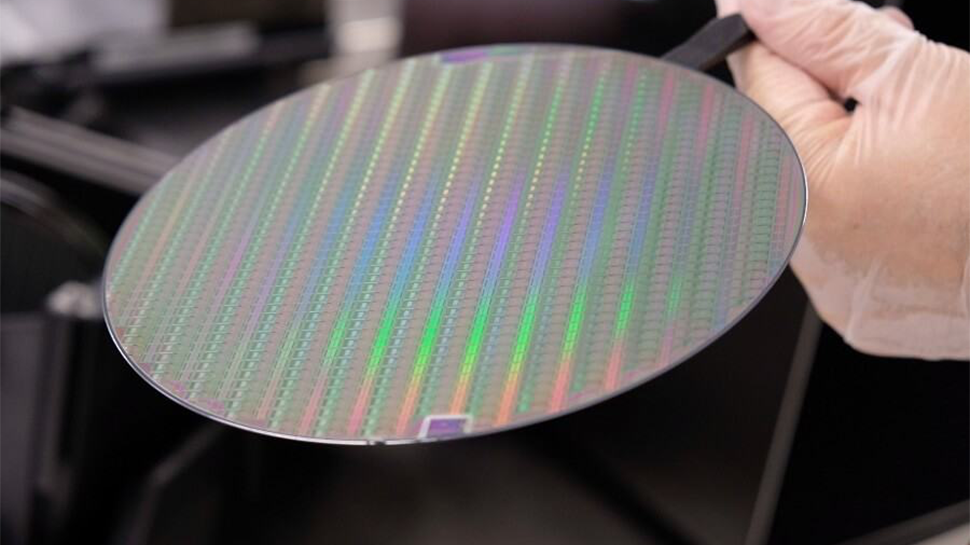
According to Bloomberg, the outgoing Biden administration is preparing new rules to slow down or limit advancements in China's semiconductor industry. Still, the new restrictions will not be as severe as initially expected. While the new measures will reportedly hit select chipmakers, their main purpose is to curb the development of China-based producers of chipmaking equipment and limit the supply of fab tools that could be used to advance China's AI sector.
The new rules focus on limiting exports to specific Chinese entities rather than broad categories of chipmakers. In particular, the new measures will sanction two fabs owned by Semiconductor Manufacturing International Corp. (SMIC). Additionally, of about 12 known suppliers to Huawei, a company on the U.S. Entity List, only a few will be added to the Entity List and, therefore, banned from U.S. technology. Others, including Huawei, will be able to continue serving their customers.
Also, while the new restrictions will include some provisions regarding high-bandwidth memory (HBM), ChangXin Memory Technologies (CXMT), one of China's DRAM makers capable of making HBM2, will not be directly affected.
However, the list will include over 100 companies in emerging semiconductor manufacturing equipment. These firms, often government-funded, are meant to develop chipmaking gear that will eventually replace tools from the world's biggest suppliers, such as ASML, Applied Materials, KLA, Lam Research, and Tokyo Electron. This will enable Chinese companies like Huawei and SMIC to make chips on leading-edge process technologies without any restrictions, which the U.S. would prefer to avoid.
The proposed restrictions are not final, so things may change when the President signs the bill. The evolving plan reflects a compromise between curbing China's technological progress and mitigating economic harm to American and allied companies. The restrictions, which could be announced the following Monday, are believed to be less severe than initially considered.
The proposal follows extensive lobbying by American chipmakers, including Applied Materials, KLA, and Lam Research, who opposed broader restrictions. These companies argued that harsher measures would put them at a competitive disadvantage against foreign rivals like Japan-based Tokyo Electron and the Netherlands-based ASML. Japan and the Netherlands have imposed limited export curbs similar to earlier U.S. restrictions from 2022. However, despite U.S. pressure, they have hesitated to tighten them, including threats to apply extraterritorial rules like the Foreign Direct Product Rule (FDPR).
The news of more moderate restrictions has spurred gains in semiconductor stocks globally.







